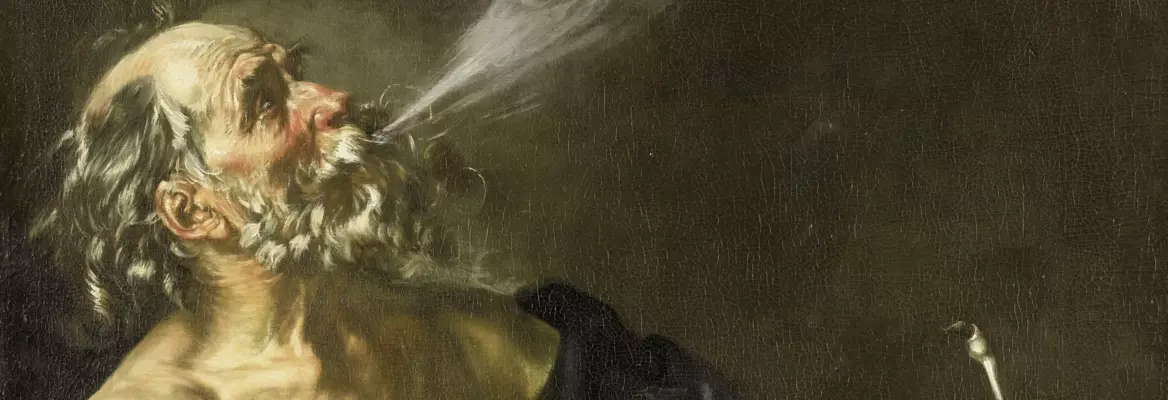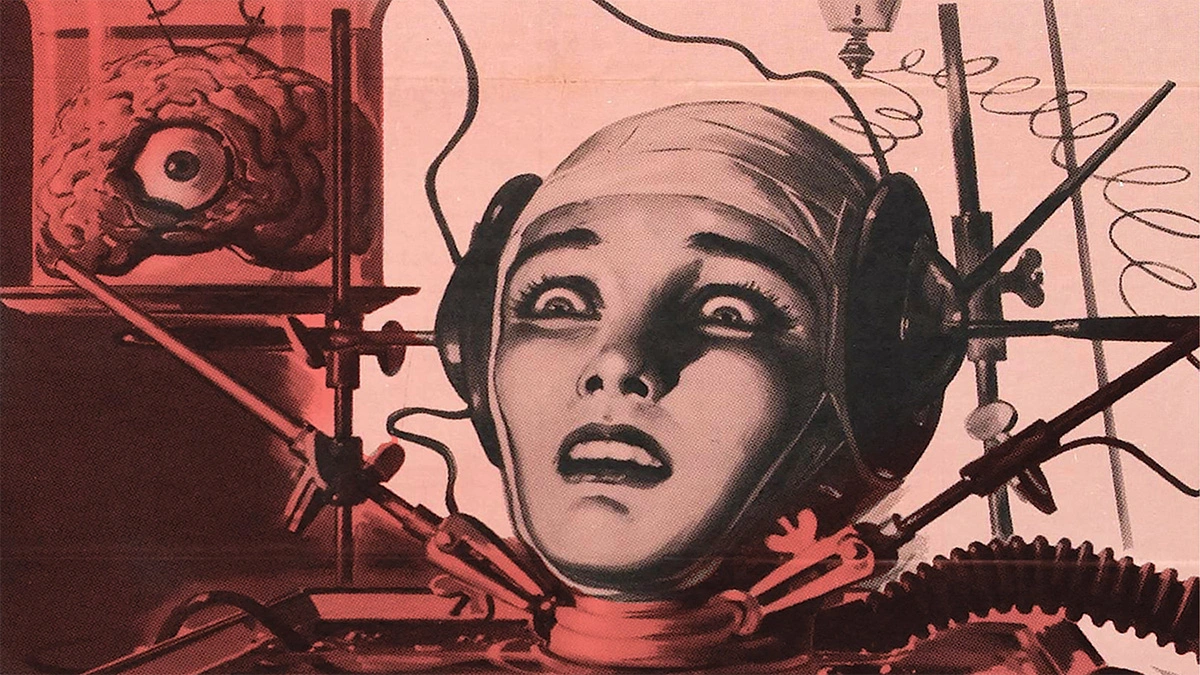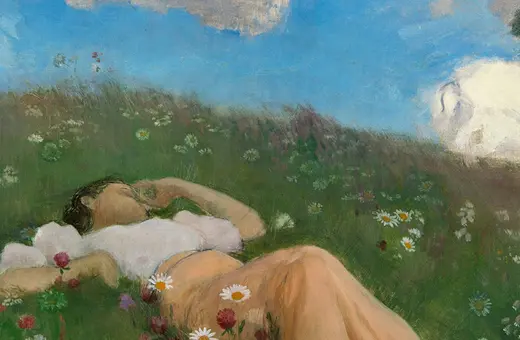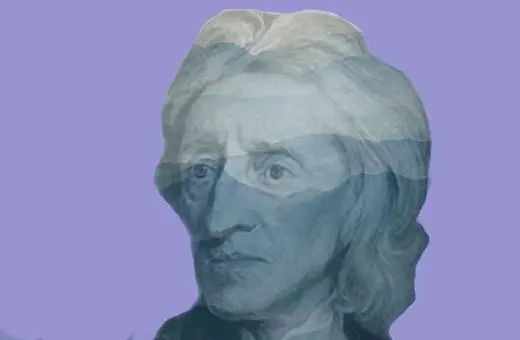The English philosopher John Locke famously said that 'Reward and punishment are the only motives to a rational creature'. And from the gold stars we give to our children, to the rewards we administer to ourselves everyday, and the religious stories about paradise after death, we typically see reward as central to our lives. But rewards can be psychologically damaging, addictive and cause a dopamine imbalance in our brain argues world-leading Stanford psychiatrist and author of Dopamine Nation, Anna Lembke. We need to learn to be content with absorbing experience in the here and now and living in the present moment.
Modern life is increasingly organized around the many small rewards we administer to ourselves throughout the day, whether in pursuit of pleasure or to avoid pain. Indeed it seems to me that self-rewards have become the way we demarcate lived time: First-thing-in-the morning smartphone texts and the little hit of dopamine they provide, followed by our favorite caffeinated beverage for a jolt of stimulation to prepare for the commute to work, where we listen to music/news/podcasts to avoid the tedium of traffic, segueing into a day interspersed with Instagram Reels (90 seconds), YouTube Shorts (60 seconds), and Tik Tok (3 seconds), the digital equivalent of crack cocaine. We are relying on these digital drugs not merely to reward ourselves for a job well done. We’re interrupting ourselves with a job undone, escaping into the comfort of the Metaverse where the illusion of work and social connection often trumps its reality.
___
In forgoing future rewards, there is nowhere else to go except right here, right now.
___
All of this numbing distraction culminates in the moment when we can finally go home at the end of the day to eat, drink, smoke, and/or watch shows till we’ve narcotized ourselves enough to calm down from all that over-stimulation and fall asleep, often much later than planned or hoped for, only to start the cycle over again the next day.
I’m exhausted just thinking about it.
This scenario is further complicated by the fact that our brains adapt to repeated rewards such that our drugs of choice -- a term I use here liberally to encompass the many ways we seek to get high, escape, or change the way we feel -- eventually stop working and require more potent forms to get the same effect, leading to the “addiction narrative”, as Facebook (now Meta) so aptly put it. Addiction is the continued, compulsive use of a substance or behavior despite harm to self and/or others, including harm we may not recognize. With addiction comes a narrowing of our mental focus on our drugs of choice and a growing inability to take pleasure in other more modest rewards, including the things that used to give us pleasure. I for one got addicted to romance novels, facilitated by my Kindle as a seemingly innocent way to reward myself at the end of the day and fall asleep, something my brain fights no matter how tired I am, escalating over time to frank erotica, which is how I found myself awake at three in the morning reading about “butt plugs”, something I’d never been remotely curious about. How did I get here?
SUGGESTED VIEWING Dopamine nation With Anna Lembke, Simon Wessely






















Join the conversation